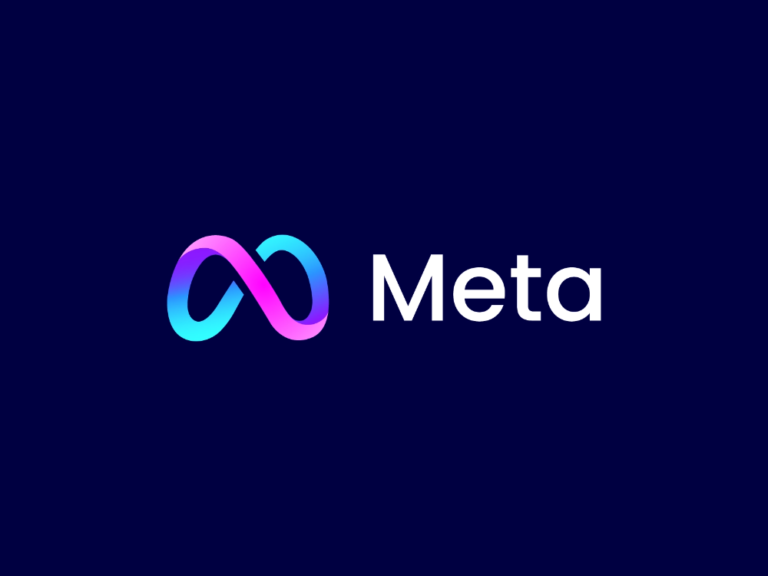Meta Platforms will face fresh lawsuits in Japan over advertisements that fraudulently solicited investment funds with fake endorsements from celebrities.
Around 30 plaintiffs will seek at least 300 million yen ($2 million) from the US technology giant and its Japanese arm, arguing that they failed to do enough to prevent the scams, Kyodo News reported, citing lawyers for the plaintiffs.
Among the names of noted people used in the adverts are Japanese entrepreneur Yusaku Maezawa, founder of online fashion retailer Zozo Inc, the report added.
The plaintiffs viewed the fake advertisements before being directed to transfer money to designated investment accounts, the lawyers said, arguing that Meta is obliged to investigate the content of adverts and not allow them to be posted if it can foresee the risk of harm to users.
US federal regulators ordered Goldman Sachs to pay fines of $45 million and Apple to pay $25 million, over their handling of their credit-card business, affecting hundreds of thousands of Apple Card users.
In addition, the investment bank will also be required to pay at least $19.8 million in customer refunds. Regulators are barring Goldman from offering any new credit card unless it provides a “credible plan” showing the product will comply with the law.
The inquiry had probed Goldman’s customer-service operations, specifically how the bank handled fraud and refunds in its credit-card partnership with Apple. It found that the companies’ conduct left customers with incorrect credit reports and unresolved charge disputes.
Ireland Fines LinkedIn 310 Million Euros Over Data Breach
An Irish regulator helping police European Union data privacy said that it had fined professional networking platform LinkedIn 310 million euros ($335 million) over breaching users’ personal data for targeted advertising.Targeted advertising provides tailored ads to users based on their personal information.
“The processing of personal data without an appropriate legal basis is a clear and serious violation of a data subjects’ fundamental right to data protection,” said Graham Doyle, Data Protection Commission’s head of communications


